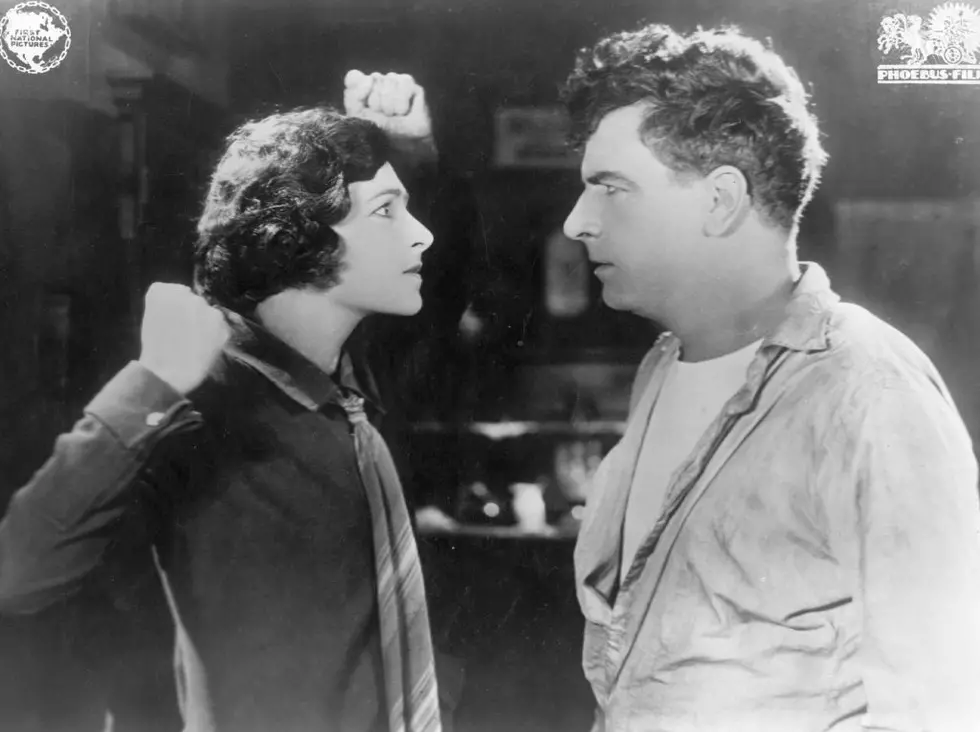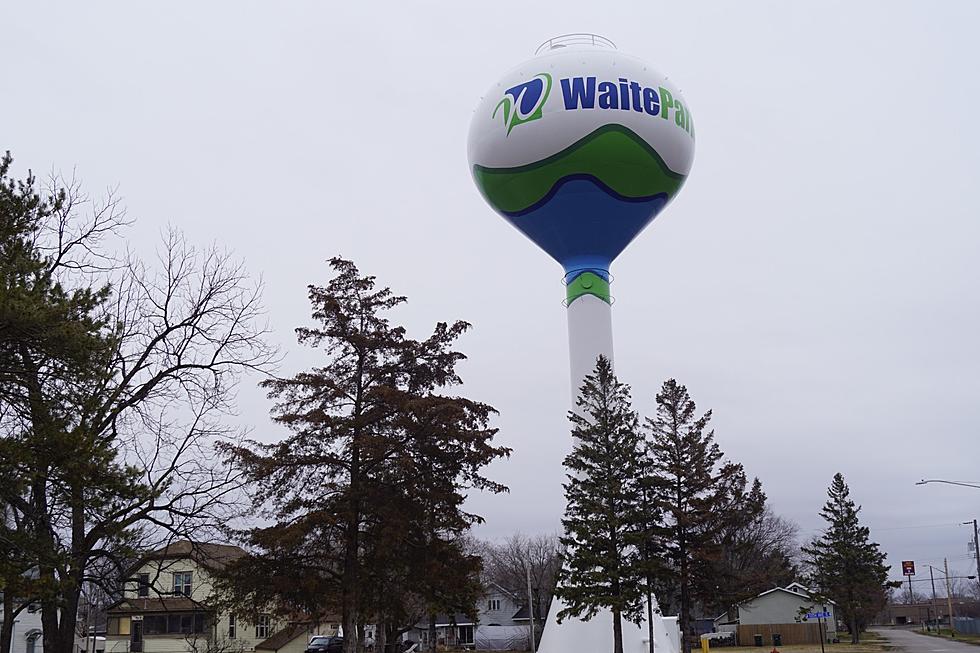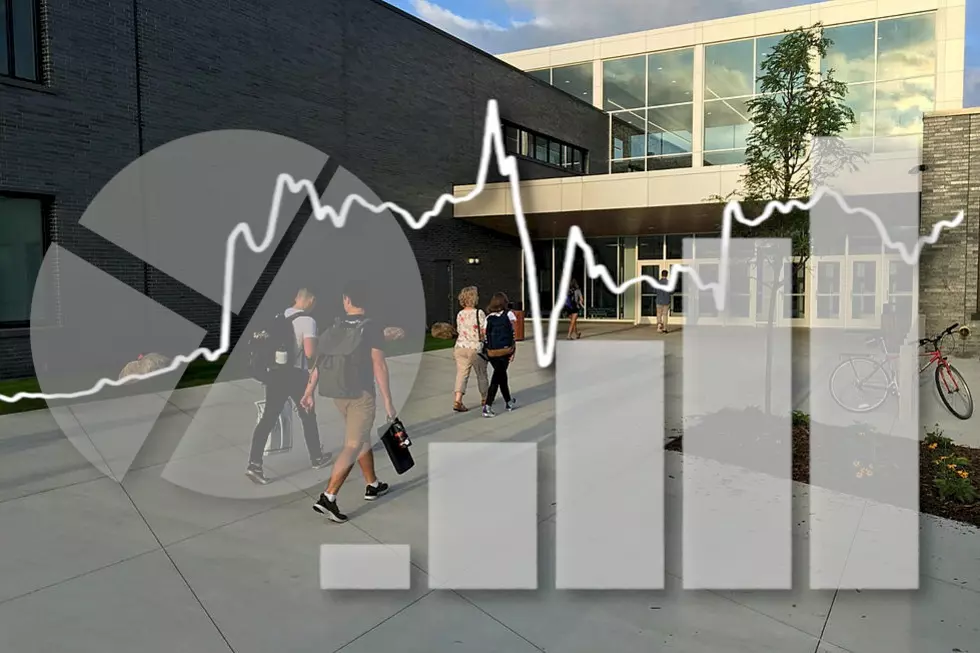
Trauma and First Responders: How Our Service People Get Through Rough Times
Paid Content
The statistics are sobering: More than 80 percent of first responders experience traumatic events on the job, and about 1 in 3 develop post-traumatic stress disorder (PTSD) — much higher than the 1 in 5 members of the general population.
There are a variety of programs that can help first responders process trauma shortly after the event and then, later, help them if they develop PTSD, which often includes symptoms such as flashbacks, nightmares, chronic pain, sweating, sleep problems, and more.
When first-line traditional treatments don't relieve the symptoms, providers at Aurora Mental Health and Wellness in Waite Park, MN, and others nationwide have seen amazing improvements with ketamine therapy, said Dr. Paul Colligan, CEO and a provider at Aurora.
Research shows that 70 percent of ketamine patients see significant improvement in symptoms of treatment-resistant conditions after the initial six loading doses, compared with the 40 percent success rate for traditional anti-depressants, Dr. Colligan said. After starting ketamine infusions, many patients choose to reduce or stop their oral medications in collaboration with their medical providers, while others continue both forms of treatment.
How Ketamine Works Differently Than Traditional Oral Medications
One of the ways medical professionals believe ketamine works is by blocking a specific receptor in the brain, the N-methyl-D-aspartate (NMDA) receptor, while most oral antidepressants block the reabsorption of serotonin, dopamine, and similar brain chemicals.
Here are some other working theories on ketamine's acting mechanisms and benefits, as compiled and explained by Dr. Colligan:
1) Synaptic Plasticity: Ketamine has been shown to promote synaptic plasticity, which refers to the brain's ability to reorganize its neural connections in response to learning and experience. This effect may help to reverse the atrophy of certain brain regions associated with depression and other mood disorders.
2) Rapid Onset of Action: Unlike traditional antidepressants, which often take weeks to months to produce noticeable effects, ketamine can alleviate symptoms of depression within hours to days after administration. This rapid onset of action is particularly beneficial for individuals experiencing severe depression or suicidal thoughts.
3) Anti-inflammatory Effects: Some studies suggest that ketamine may have anti-inflammatory properties, which could be relevant since inflammation has been implicated in the development of mood disorders. By reducing inflammation in the brain, ketamine may help to improve mood and cognitive function.
One Veteran-Firefighter's Story
Ryan Mains served 4 years in the Army and 14 years in Illinois as a firefighter paramedic. His PTSD symptoms started as periods of depression each spring and strong reactions to fireworks and loud noises, according to a video posted by Chicago IV Solution. Over a decade, they grew into depression and shaken confidence in his job capabilities, so he sought exposure therapy and learned coping mechanisms.
Like many patients, it worked until it didn't. A doctor with Chicago IV Solution reached out to him after seeing media coverage of some of his advocacy work for firefighters with PTSD and suggested he try ketamine infusion therapy. Mains watched his condition backslide month after month, and ultimately decided to try. After his initial series of treatments, he felt like himself again.
"I wish I would have known about it years ago," he said in the video. "It would have saved me a lot of trouble."
Besides PTSD, ketamine is used to treat persistent depression, anxiety, and suicidality that hasn't responded to other medications.
If you're wondering whether IV ketamine and Spravato (a nasal spray form of ketamine) could help you, visit the Aurora Mental Health & Wellness website or call 320-390-7338 to schedule a consultation.
Additional Resources
- Aurora Mental Health & Wellness FAQs
- ASKP's patient perspectives
- A Qualitative Study of Patients' Experience of Ketamine Treatment for Depression: The ‘Ketamine and Me' Project
- Unpacking the Science: How Aurora's IV Ketamine Therapy Revolutionizes Mental Health Care
- What's Old is New Again: The History of Psychedelics in Medicine and Wellness
- Beyond Medication: Aurora's Comprehensive Approach to Psychedelic Healing
More From AM 1240 WJON









